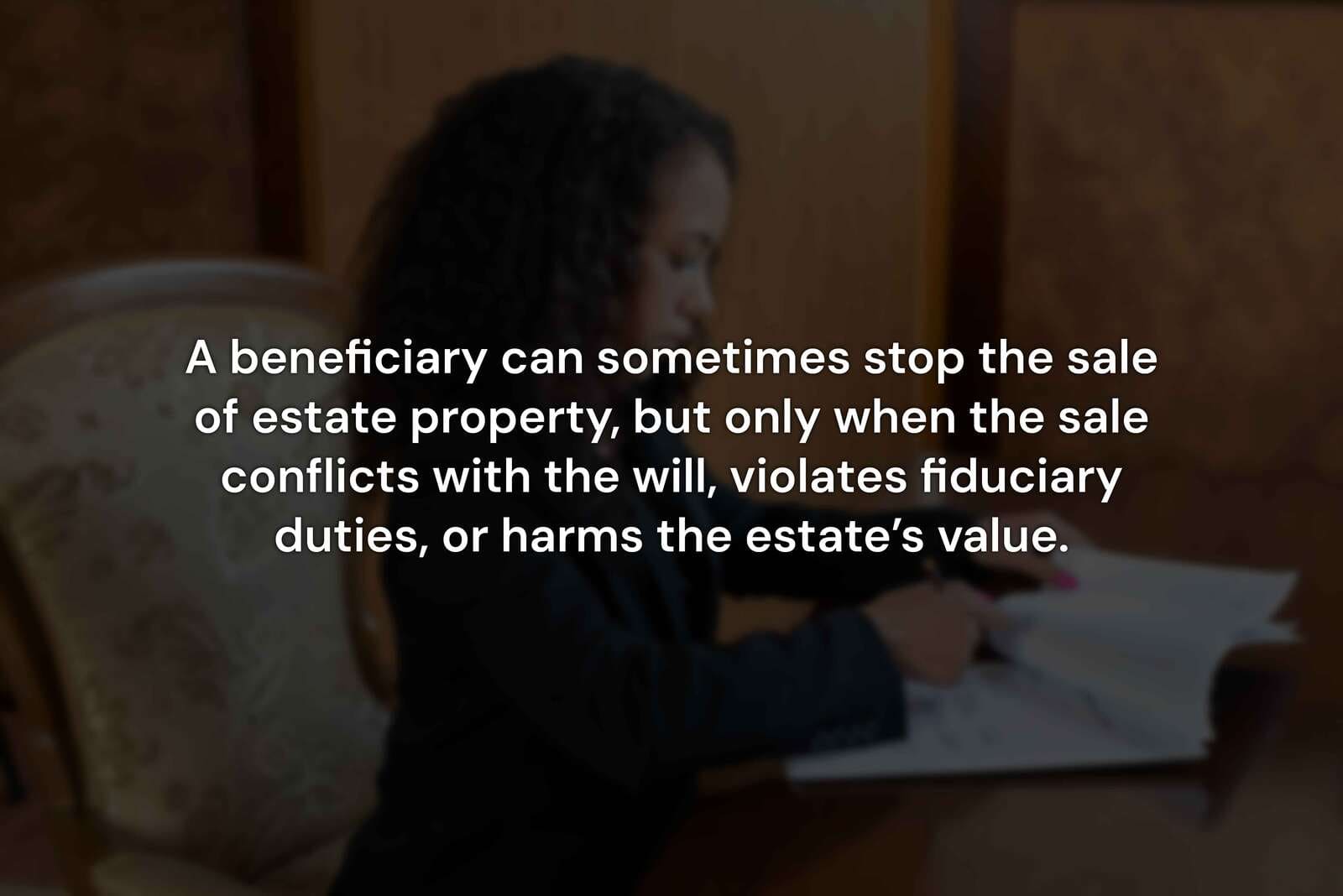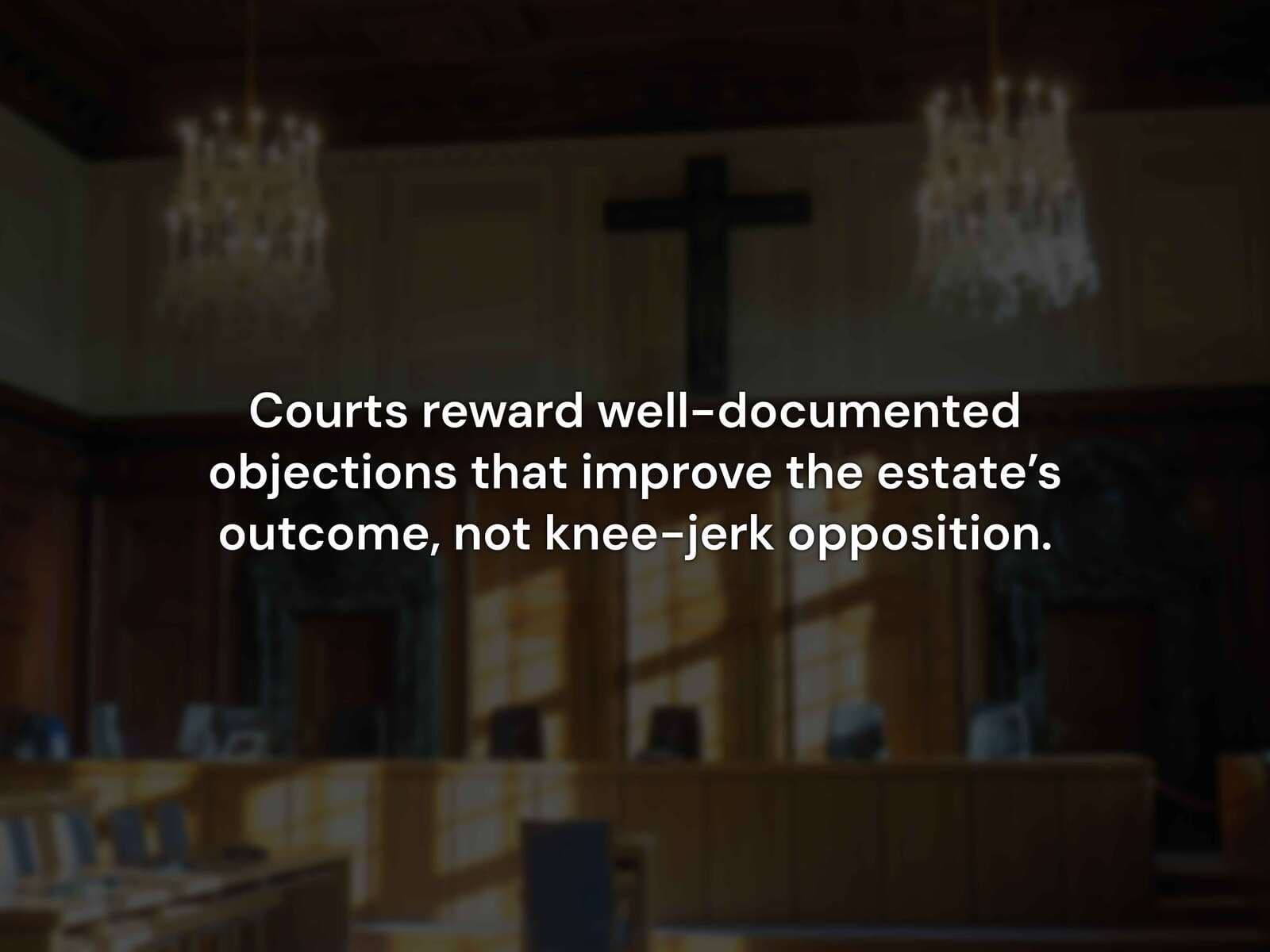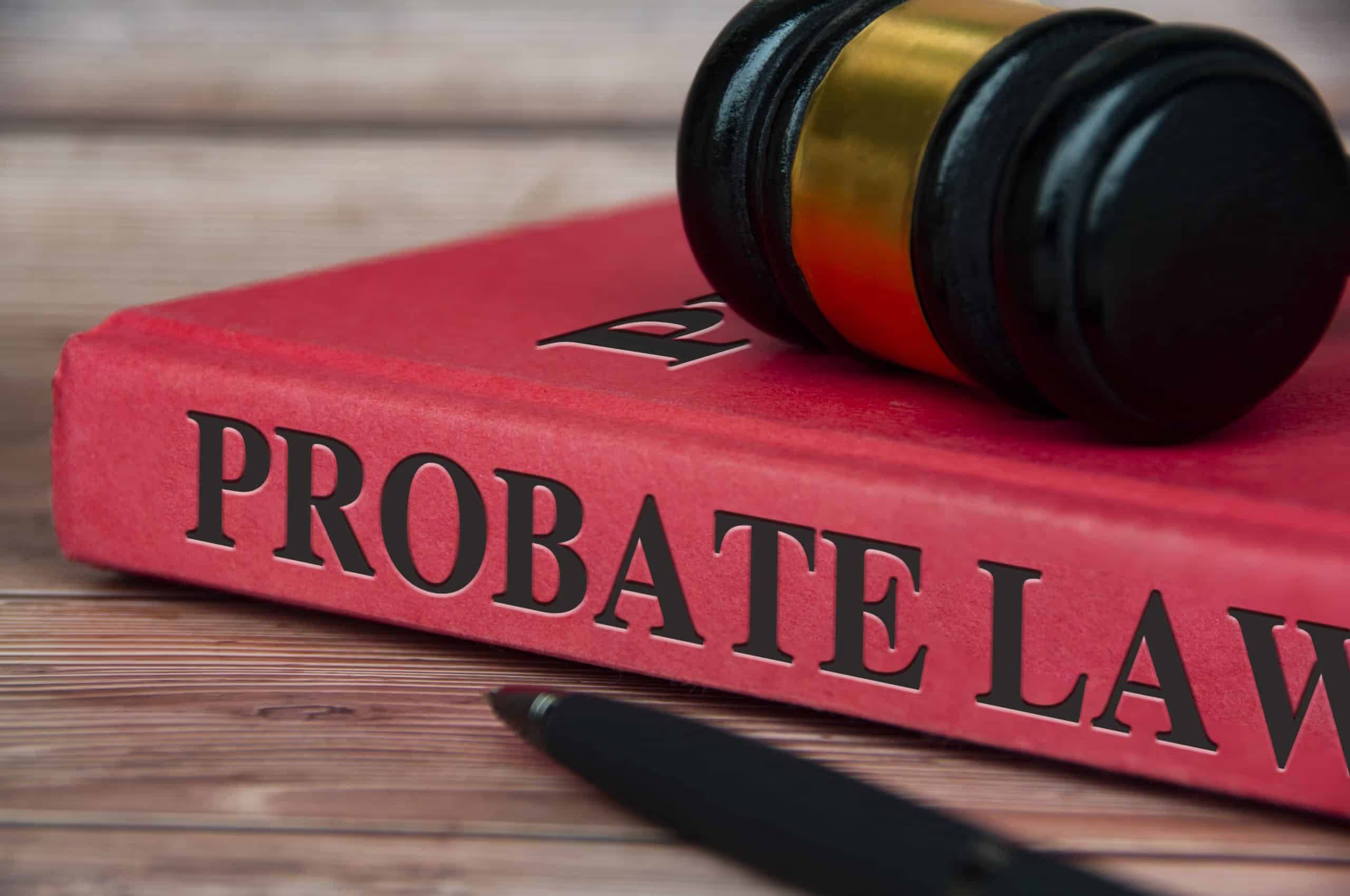A beneficiary can sometimes stop the sale of estate property, but only when the sale conflicts with the will, violates fiduciary duties, or harms the estate’s value. Courts do not block sales lightly; judges require clear evidence that the executor’s decision breaches legal or financial standards.

When a Court Will Consider Blocking a Sale
Courts intervene when the facts show legal or financial harm to the estate or a departure from the will’s instructions. Judges most commonly pause or prevent a sale when beneficiaries prove at least one of the following:
- Will conflict: The will directs a specific devise (e.g., “the house to Alex”), and selling would defeat that gift.
- Breach of fiduciary duty: The executor ignored fair-market value, skipped required notices, or favored one party improperly.
- Bad terms: The proposed price is well below recent comparable sales or an independent appraisal.
- Process failures: The executor failed to list the property properly, solicit multiple offers, or obtain needed court approvals.
- Solvency alternatives: The estate can pay debts without selling the real property (e.g., liquid accounts cover liabilities).
Legal Standards Executors Must Meet
Executors must act in the best interests of the estate, follow the will, and seek reasonable value. Their core obligations include:
- Obtain fair value: Use a licensed appraisal and recent comps; document negotiations.
- Follow procedure: Provide required notices, get court permissions where law demands, and keep records.
- Stay impartial: Consider all beneficiaries evenly and document reasons for choosing one offer over another.
- Minimize cost and delay: Avoid needless carrying costs that reduce net proceeds.
Practical Steps Beneficiaries Can Take (Before Litigation)
Act early and build a factual record. These actions resolve many disputes without court:
- Request documents: Ask for the listing agreement, appraisal, offers received, and net sheet showing projected proceeds.
- Propose alternatives: Present a better qualified offer, buyout terms, or a refinance that preserves the property and pays debts.
- Share market data: Provide 3–5 comparable sales from the past 90 days and a written valuation critique.
- Set deadlines: Ask for a written response within 7–10 days to keep momentum and reduce carrying costs.
- Escalate professionally: If concerns persist, request a conference with the executor’s counsel to narrow issues.

When to File in Probate Court
If informal steps fail, beneficiaries can petition the probate court to enjoin the sale. Strong petitions include:
- Specific relief requested: “Issue a temporary restraining order and set a hearing within 14 days.”
- Evidence exhibits: Appraisal, comps, MLS history, inspector reports, emails showing process failures, and the will’s relevant clauses.
- Feasible alternative: A signed back-up offer at a higher price or a verified financing plan to cover estate debts.
- Clear harm statement: Quantify loss (e.g., “price is $62,000 below appraisal” or “6% carrying cost per quarter”).
Mid-Process Legal Guidance
Because timelines are tight and standards are exacting, consult a qualified probate attorney to evaluate your evidence, draft petitions, and navigate local court rules. Experienced counsel can also broker a stipulation that improves terms without a full hearing.
Common Scenarios and Likely Outcomes
Executors and beneficiaries often face recurring patterns. Here’s how courts frequently view them:
- Specific bequest vs. sale: If the will gives the house to a named person and the estate can pay debts another way, courts often block the sale.
- Low offer in a slow market: Courts may allow extra marketing time (e.g., 30–45 days) before approving a price below appraisal.
- Family buyout proposal: If a beneficiary offers equal or better net terms and quick closing, courts often favor the buyout.
- High repair costs: If major defects reduce value and repairs are uneconomic, courts may approve an as-is sale if the process was open and competitive.
- Multiple similar offers: Courts defer to executors who documented a fair process and chose the offer with superior certainty (cash, no contingencies).
Evidence That Strengthens a Beneficiary’s Position
Build a precise, numbers-driven record. Useful items include:
- Independent appraisal (recent): Dated within 60–90 days, signed by a licensed appraiser.
- Comparable sales summary: 3–6 comps within 0.5–1.0 miles and 6 months, with adjustments.
- Marketing history: Days on market, price changes, showing logs, and advertising spend.
- Repair estimates: Written bids from licensed contractors with scope and timing.
- Alternative funding: Bank term sheets or brokerage statements demonstrating an ability to cover debts if the sale is paused.
Strategic Alternatives to an All-Cash Sale
If the estate needs liquidity but beneficiaries oppose selling the property outright, propose options that satisfy creditors while preserving the asset:
- Short-term estate loan: Bridge financing for 3–9 months to market the property longer or stabilize it for rental.
- Refinance and hold: Refinance to pay debts, then distribute equity later.
- Partial distribution plan: Sell non-core assets first and revisit the property after debts drop.
- Beneficiary buyout: One beneficiary purchases others’ interests at a court-approved price.
Mistakes That Undercut a Challenge
Beneficiary objections fail when they lack specifics or ignore procedure. Avoid these pitfalls:
- Vague complaints: “It feels low” carries little weight; cite appraisals, comps, and net proceeds.
- Missed deadlines: Objections filed after notice periods are difficult to revive.
- No alternative: Courts want a workable plan, not just a “no.” Present better terms or financing.
- Personal attacks: Focus on evidence and economics, not personalities.
Timeline Expectations
From initial notice to court approval, contested sales often span 60–120 days. Hearings can be set within 2–4 weeks for urgent relief. Each continuance adds carrying costs—insurance, taxes, utilities—that reduce net distributions, so propose efficient, time-bound solutions.
Bottom Line
Beneficiaries can stop a sale when they present clear evidence of legal conflict, fiduciary breaches, or financial harm, coupled with a practical alternative. Courts reward well-documented objections that improve the estate’s outcome, not knee-jerk opposition.

Explore More on Beneficiary Protections
Can a Beneficiary See the Will Before Probate?
Access typically depends on cooperation before filing; once filed, the will becomes public record at the courthouse. Early review helps beneficiaries understand gifts and watch for conflicts with proposed sales.
What Rights Do Beneficiaries Have During Probate?
Beneficiaries have rights to notice, accountings, and fair treatment. Use those rights to request documents, verify valuations, and ensure sales maximize net proceeds for everyone.
Can You Contest a Will After Probate is Granted?
Yes, but deadlines are strict and evidentiary burdens are higher after probate begins. Contesting makes sense when the will’s terms clash with the decedent’s known intent or show red flags like undue influence.
What Happens if a Will is Contested in Probate Court?
The court reviews testimony, expert valuations, and documents. Outcomes include upholding the will, modifying distributions, or—in rare cases—invalidating the document and applying intestacy rules.



























